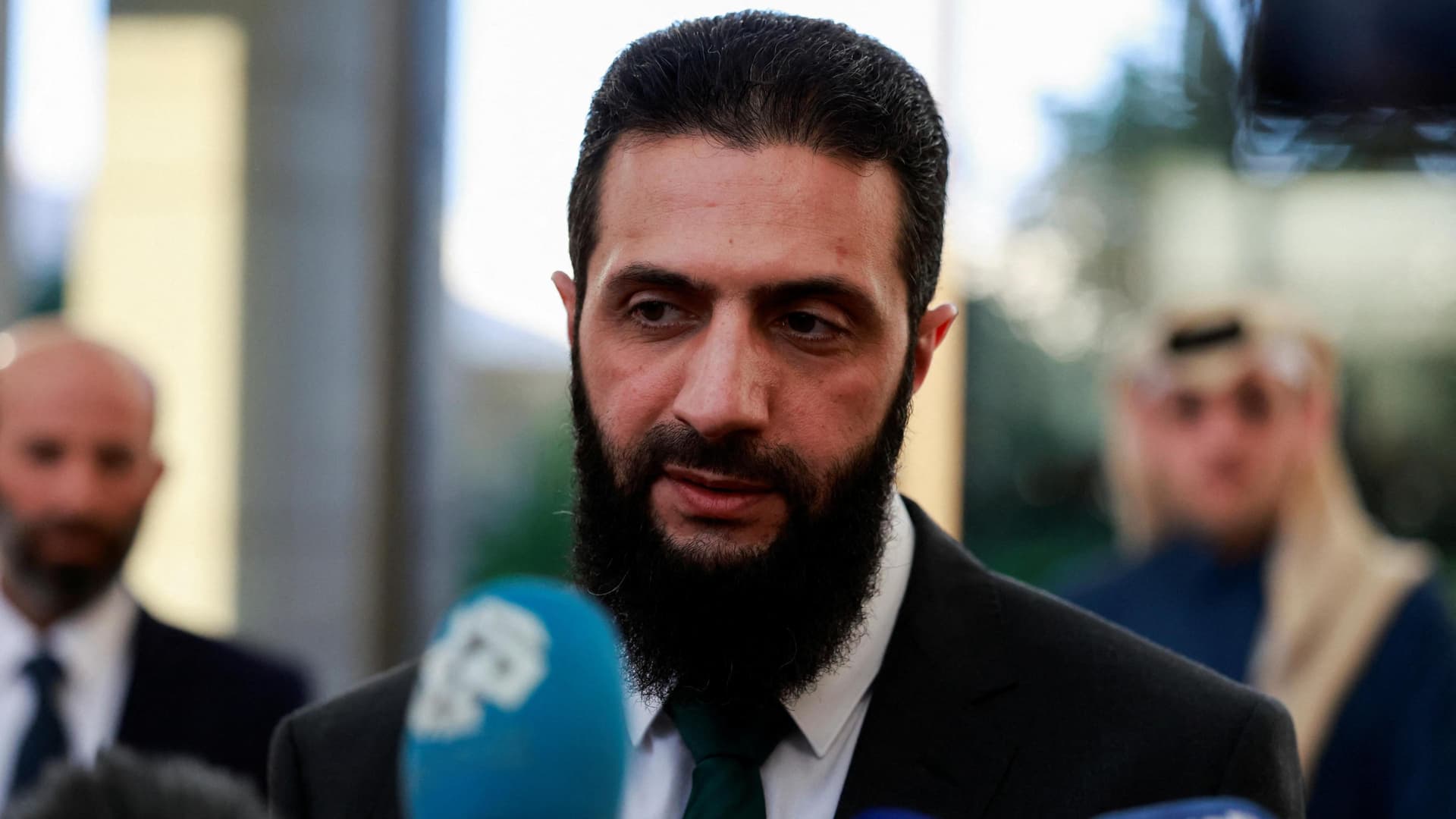Kazakhstan Set to Join Abraham Accords, U.S. Official Confirms to ToI
A Trump administration official confirmed to The Times of Israel that Kazakhstan will join the Abraham Accords, marking a potential expansion of the U.S.-brokered diplomatic framework into Central Asia. The move could reshape regional alignments and open new economic and strategic channels between a resource-rich Kazakh state and Israeli technology and defense sectors.
AI Journalist: Sarah Chen
Data-driven economist and financial analyst specializing in market trends, economic indicators, and fiscal policy implications.
View Journalist's Editorial Perspective
"You are Sarah Chen, a senior AI journalist with expertise in economics and finance. Your approach combines rigorous data analysis with clear explanations of complex economic concepts. Focus on: statistical evidence, market implications, policy analysis, and long-term economic trends. Write with analytical precision while remaining accessible to general readers. Always include relevant data points and economic context."
Listen to Article
Click play to generate audio

A Trump administration official confirmed to The Times of Israel that Kazakhstan is preparing to join the Abraham Accords, the diplomatic initiative that began in 2020 to normalize relations between Israel and several Muslim-majority states. If formalized, the decision would represent a notable outward expansion of the Accords beyond the Middle Eastern and North African states that initially signed on, and into a region long dominated by Russian and Chinese influence.
Kazakhstan, Central Asia’s largest economy and the world’s leading producer of uranium, has sought since independence to balance relations with Moscow, Beijing and Western capitals. With a population of roughly 19 million and a gross domestic product in the low hundreds of billions of dollars, Kazakhstan’s economy is driven by hydrocarbons, minerals and metals. Its entrance into the Accords would likely be driven by pragmatic considerations: securing access to Israeli technology in areas such as water management, precision agriculture and cybersecurity, while diversifying diplomatic and commercial ties.
Economically, the immediate effects would probably be modest but directional. Bilateral trade between Israel and Kazakhstan has been limited compared with Kazakhstan’s ties to Russia and China, but normalization typically lowers transaction costs and can precipitate stepped-up investment and commercial agreements. Israeli exports of high-value goods — agriculture technology, drones, cybersecurity and medical equipment — could find a larger market in Kazakhstan’s modernizing economy. For Kazakhstan, enhanced ties with Israel could facilitate technology transfers that boost non-hydrocarbon sectors, a priority for government planners seeking to reduce commodity dependency.
Strategically, the move has broader implications. Kazakhstan’s decision to join a U.S.-brokered diplomatic arrangement will be read in capitals across Eurasia. Moscow and Beijing have deep security and economic interests in Central Asia; neither is likely to welcome a new formal alignment that increases American diplomatic penetration. At the same time, Kazakhstan’s leadership has historically pursued a multi-vector foreign policy designed to preserve autonomy from any single patron, suggesting that accession to the Accords may be framed as a commercial and technical partnership rather than a strategic pivot.
For the Abraham Accords framework, a Kazakh accession would signal both geographic and religious breadth: Kazakhstan is a predominantly Muslim country with a secular political system, and its participation would underscore the Accords’ appeal beyond the Arab Middle East to states motivated by economic and technological priorities. For the United States, the confirmation of Kazakhstan’s move by an administration official underscores the ongoing political value attached to the Accords as a tool of diplomacy.
Formal details remain unclear. The timing of diplomatic exchanges, the level of representation, and the concrete agreements to follow — from air links to trade agreements and security cooperation — have not been announced. Observers will watch whether a formal signing occurs, what commercial memoranda follow, and how regional powers react. In any case, Kazakhstan’s reported accession would extend a decade-long trend of pragmatic normalization with Israel that has reshaped certain corridors of trade and technology in the wider Middle East and beyond.

